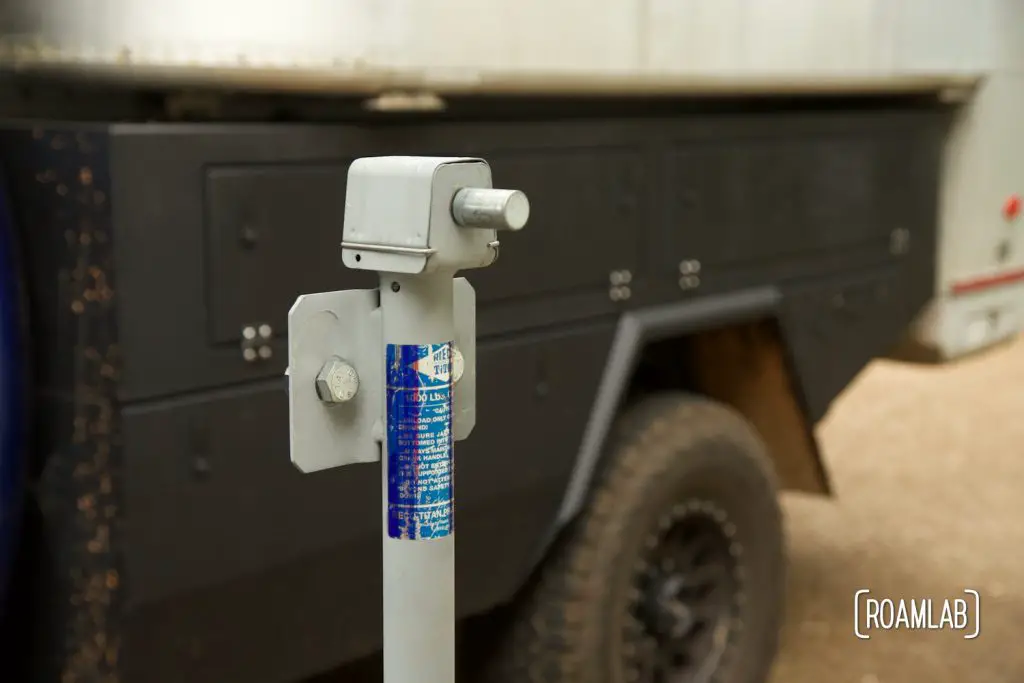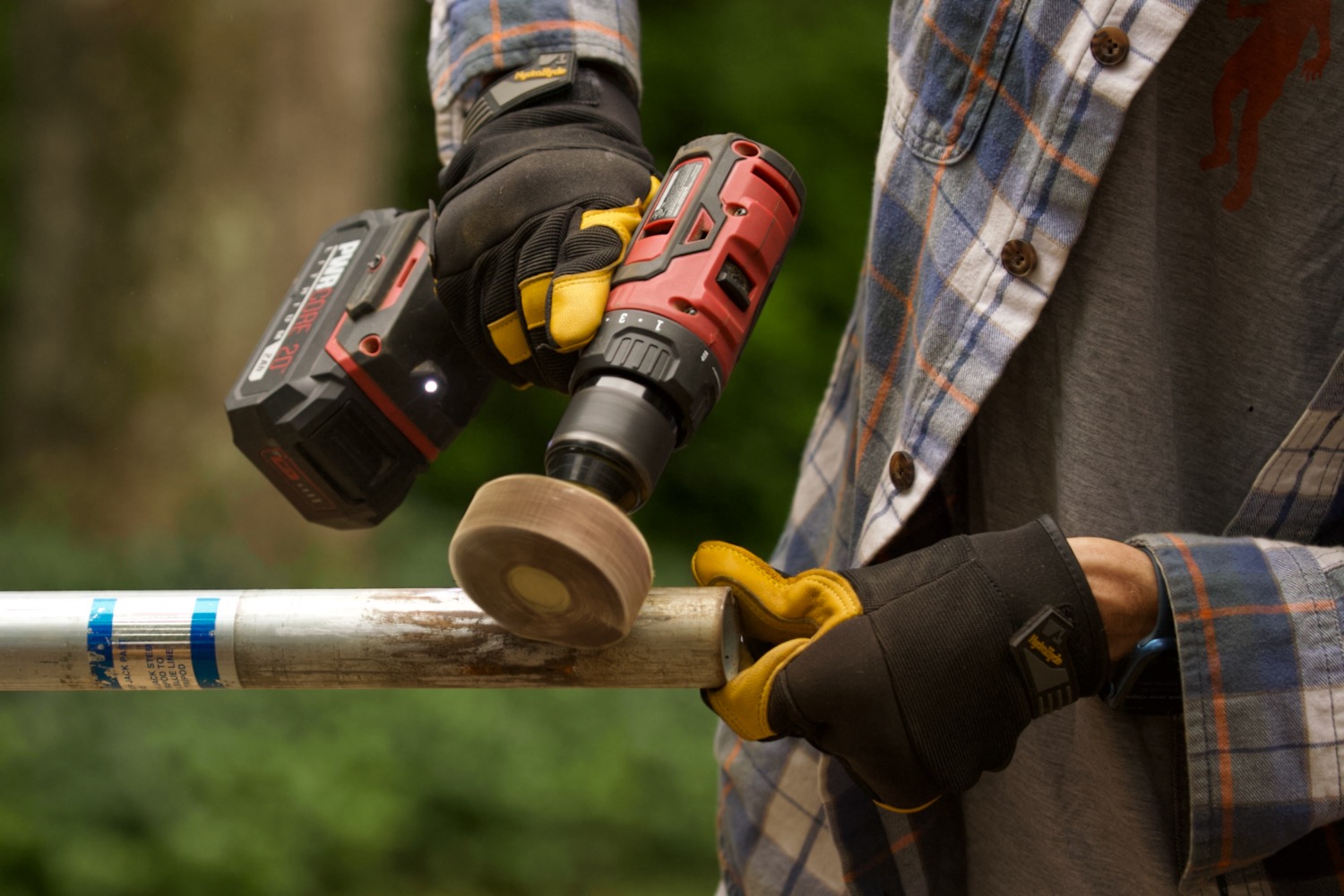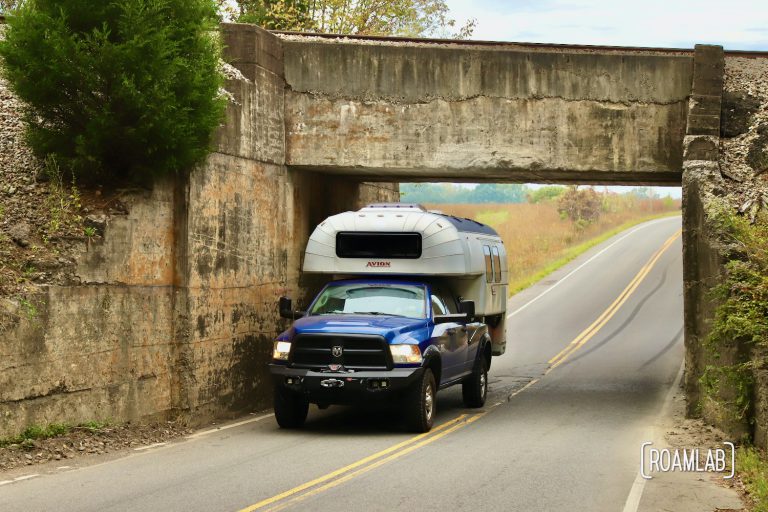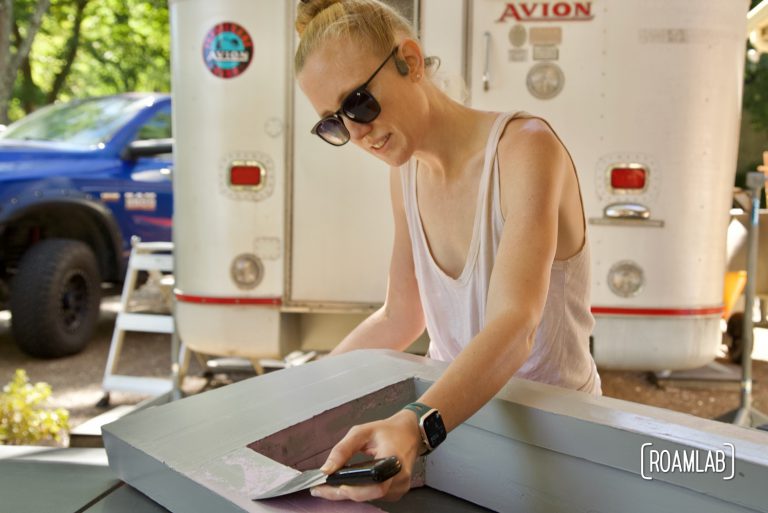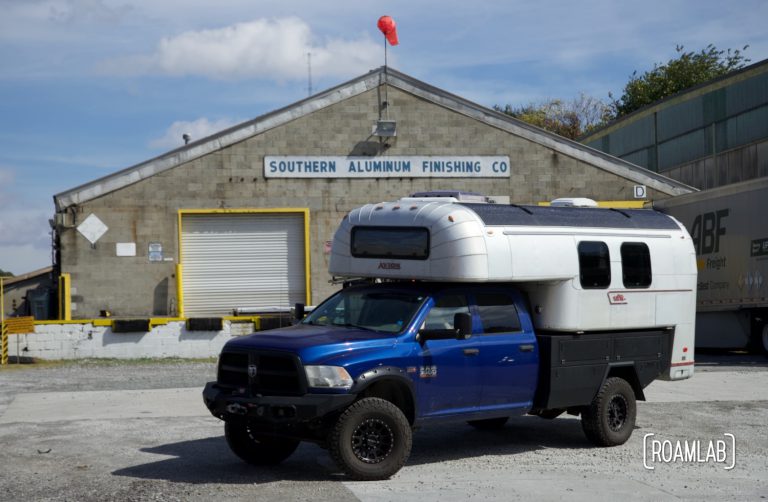We all encounter it: corrosion. Even our aluminum Avion C11 truck camper has corrosion where screws, turnbuckles, jack points, and other metal hardware are exposed to the elements. Not only is corroded hardware and equipment visually unappealing and hard to work with, but it can also lead to dangerous situations. So, we are going to take this opportunity to dive into what causes corrosion, how to clean it, and protect against future corrosive damage.
What is Corrosion?
Corrosion is the process by which a metal is slowly eaten away through a chemical or electrochemical reaction. It’s a bit like rust, but it can happen to any metal. One of the most common types of corrosion is galvanic corrosion, which happens when two different metals are in contact with each other in the presence of an electrolyte (such as water). The more reactive metal will corrode faster than the less reactive one. This is why galvanized nails last longer than regular nails—the zinc coating protects the iron underneath from corrosion. (We dive into the nitty-gritty of this process in our post Galvanic Corrosion In Vintage Campers) Corrosion can also be caused by acid rain or salt air, which is why metal objects near the ocean often get rusty very quickly. And, the exposed hardware and equipment on a camper can be particularly vulnerable.
When metal corrodes, it breaks down and weakens the material. This can cause fasteners such as screws and turnbuckles to fail, valves to seize up, and structural braces to collapse. In severe cases, corrosion can even cause metal surfaces to disintegrate completely. And when it comes to a truck camper the consequences can be dire.
Preventing Corrosion
Fortunately, there are a few simple ways that we can prevent corrosion on our truck camper hardware and equipment. One is to coat the metal with a protective coating, such as paint, wax, oil, or another sealant. Another is to use a galvanized steel or aluminum alloy, which is less prone to corrosion than other metals. In addition, we can try to keep the metal dry and clean, so that there’s less chance for corrosion to occur. By taking these simple precautions, we can keep our truck camper in good condition for years to come.
Removing Corrosion
Granted, there are times when we encounter corrosion, despite our best intentions. But that doesn’t mean that all is lost. When hardware or equipment corrodes, it’s important to take steps to remove the corrosion as soon as possible. This can be done with a wire brush, sandpaper, or chemicals. Once we remove the rust, we apply a metal sealant or paint to help prevent future deterioration.
Why are we talking about corrosion now? Well, it’s been a bit of an issue recently.
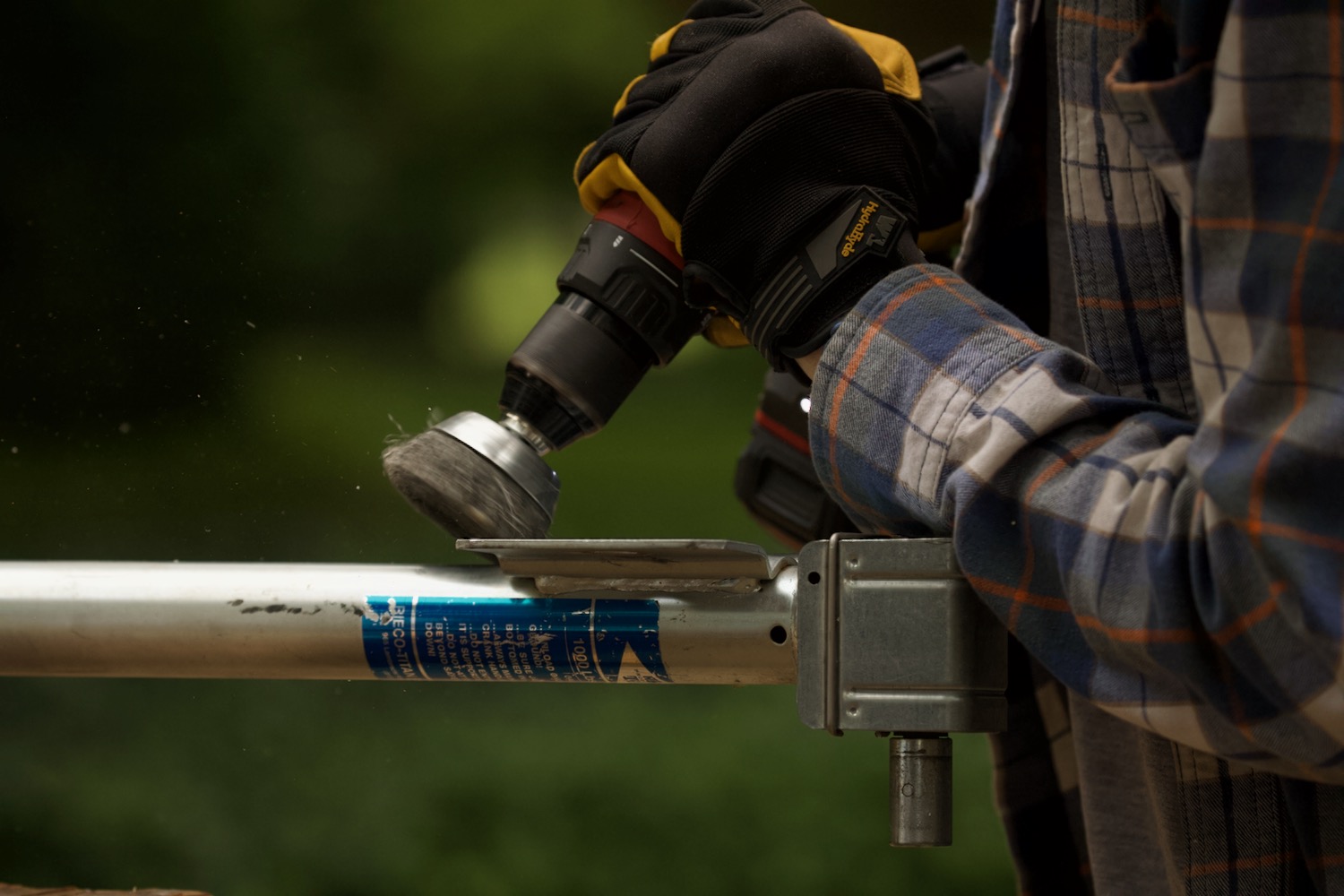
Treating Corrosion from Truck Camper Jacks
Our five-year-old jacks are worse for wear. These jacks are zinc-coated steel. The zinc acts as a sacrificial anode like galvanized nails. It intentionally breaks down rather than other, more critical metals that are in contact with the jacks. But after five years, the zinc coating has worn away in several places, particularly where the jacks come in contact with other metal surfaces: the top where the jack is fastened to the truck camper’s jack points and the base where it connects to the tripod stand. So today, we are cleaning off the corrosion and applying a new layer of zinc using zinc-based spray paint.
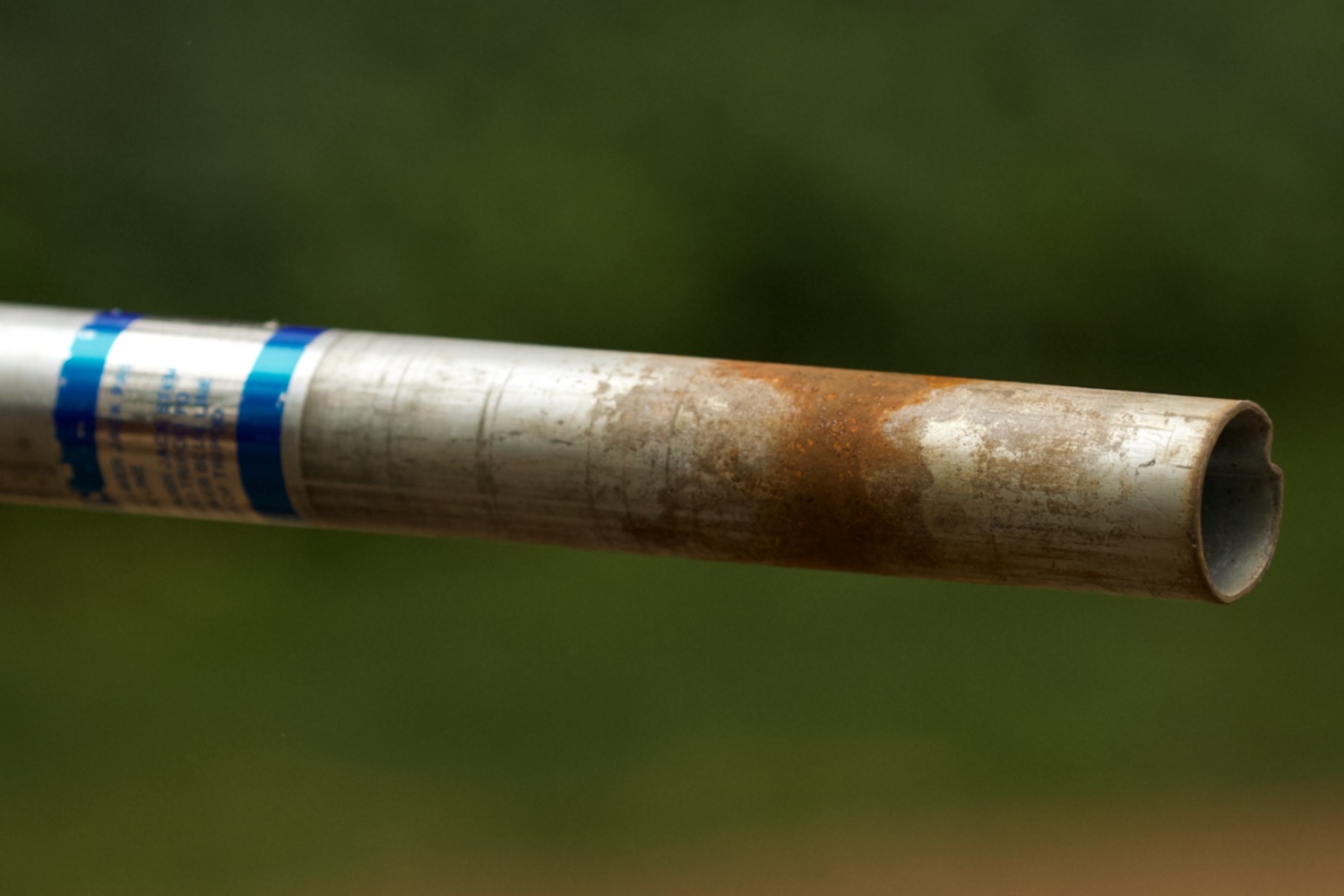
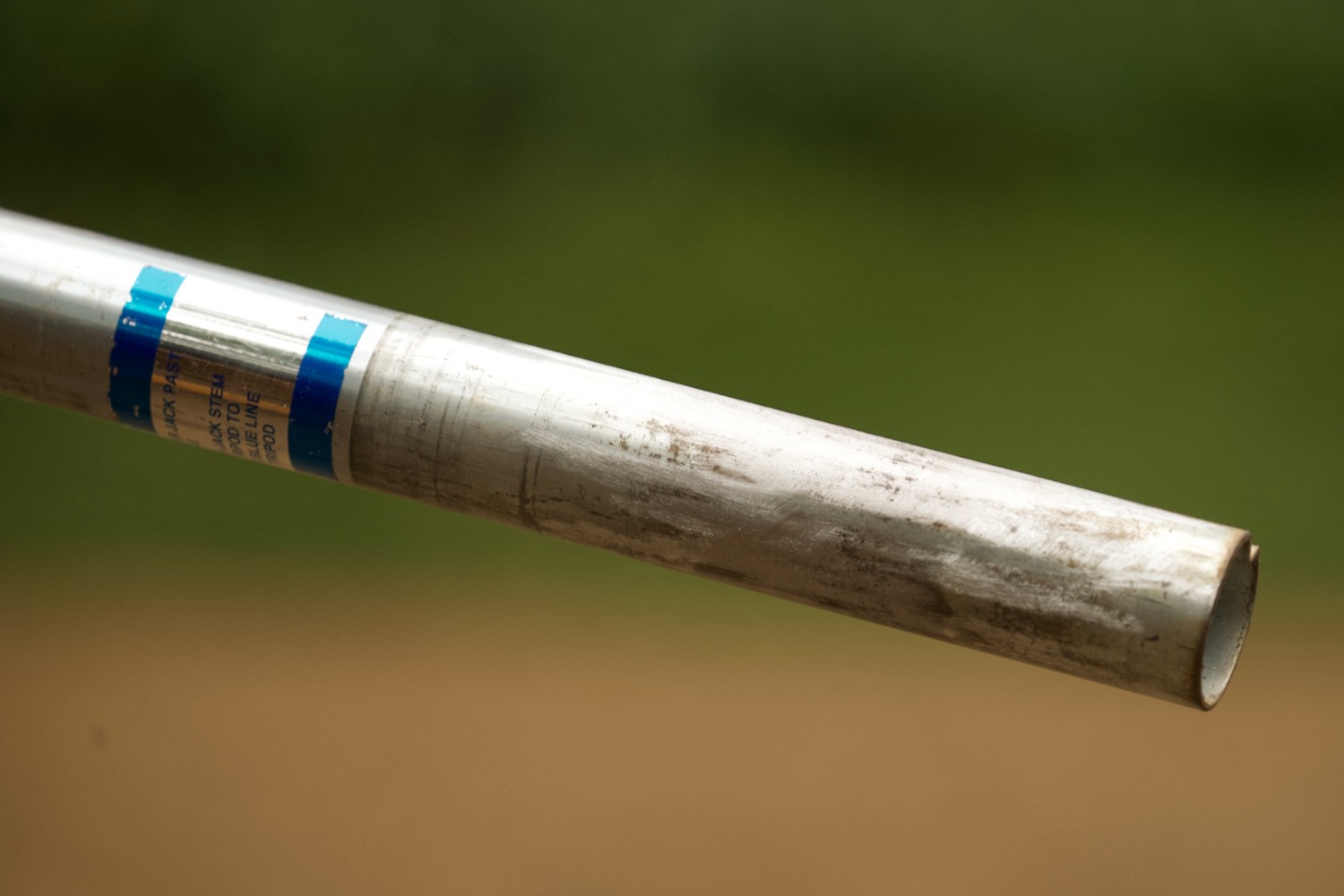
Cleaning the Jacks
To start off, we are removing corrosion from truck camper jacks using a power drill. We use two different fittings: an abrasive flapper wheel and a metal brush attachment. The abrasive flapper wheel will remove the majority of the corrosion, while the metal brush attachment will help to get into all the nooks and crannies. Of course, we are careful to wear eye protection while we are doing this, as flying debris can be dangerous. The difference to the metal after a few minutes is dramatic.
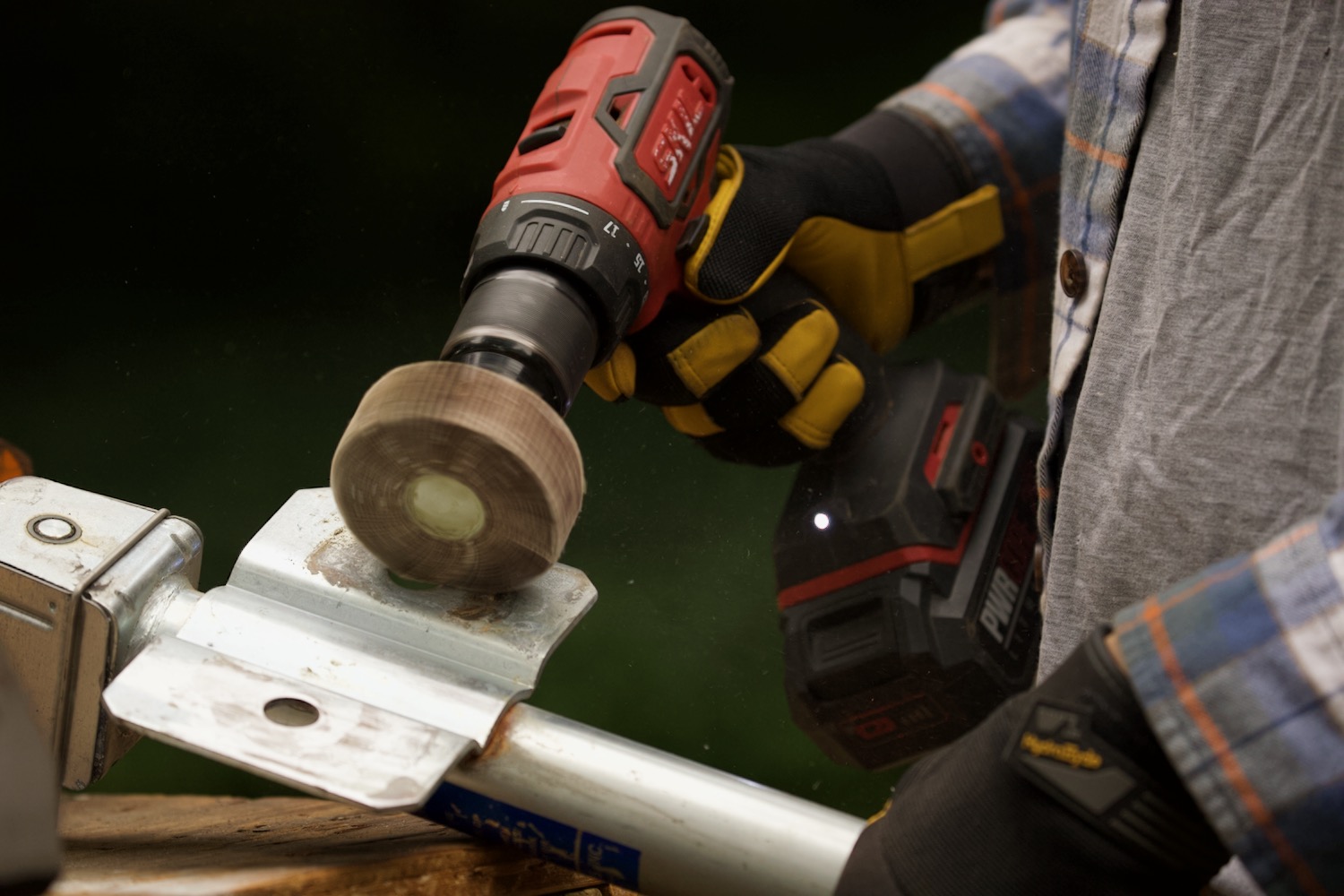
Spraying a Protective Coating
With the corrosion removed, we still have to protect the jacks from future deterioration. While the original zinc coating has worn away, we can apply a new one using the zinc galvanizing compound spray from Rustoleum. This 93% pure zinc coating applies a galvanized film with cathodic protection, which resists rust, scratches, and chips. We simply apply the spray to any exposed metal surfaces on our camper jacks. The finish isn’t shiny like it used to be. But the matt finish of the paint does make the jacks better match with the anodized aluminum of our truck camper.
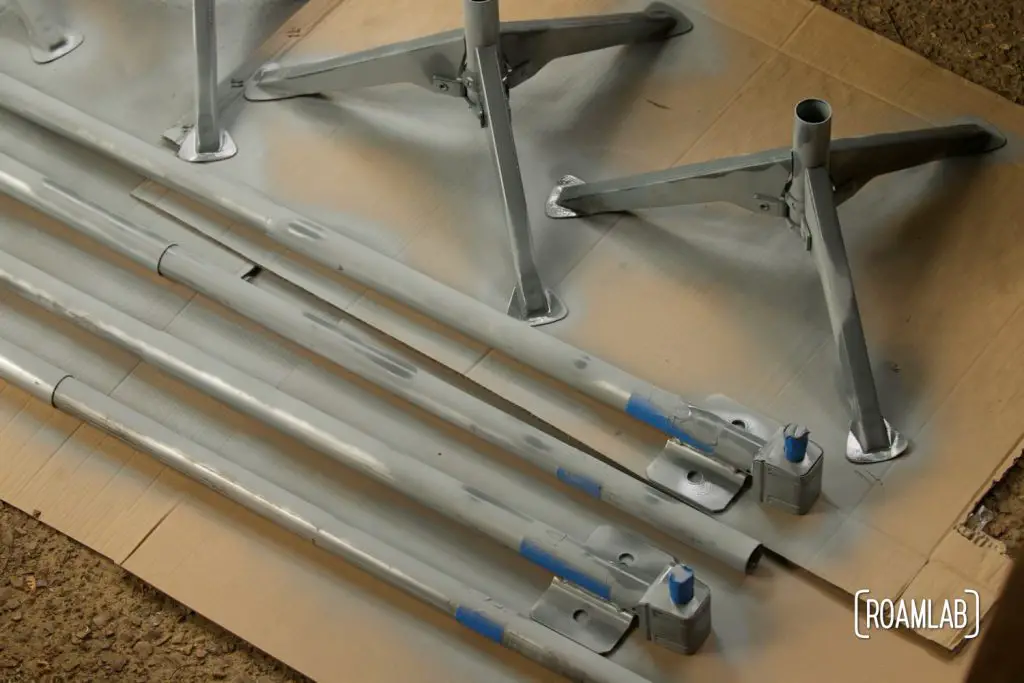
Ready for the Road
With the jacks complete, we are ready to hit the road again with confidence and a renewed appreciation for the importance of regular truck camper maintenance. An ounce of precaution is worth a pound of cure. So consider this your PSA to keep an eagle eye on your hardware from here on out.
Corrosion is a common enemy that we all face, but it’s not unbeatable. By understanding its causes and taking some simple steps to clean and protect our equipment, we can keep the damage at bay and enjoy our RVing adventures for years to come.
Have you ever battled corrosion on your RV? What tips do you have to share?
